Have you ever tried sleeping on the floor? Did you know that sleeping on the floor has an impact on your health? For many people sleeping on the floor is the norm while for others it is something that they do often. In this article, we will highlight the health benefits of sleeping on the floor and we will also look into potential side effects of sleeping on the floor.
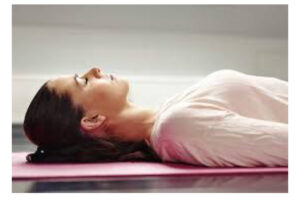
According to Medical News Today, there are claims that sleeping on the floor helps with back pain. Many people claim that sleeping on the floor helps to relieve back pain and also improve posture. Some of the health benefits of sleeping on the floor include;
1. It prevents overheating. Sleeping on the floor provides a cooler environment for the body. Many people prefer sleeping on the floor on hot nights. The cool environment makes it easier for you to fall asleep and stay asleep.
2. Sleeping on the floor helps to relieve and reduce back pain. A lot of people claim that sleeping on the floor helps to eliminate back pain. However, the same result can be achieved by sleeping on a firmer mattress.
3. The floor provides a firm surface which helps the spine to maintain good posture. Sleeping on soft beds can cause your spine to curve resulting in poor posture. However, sleeping on firmer surfaces like the floor also keeps your spine straight and aligned to your neck.
According to Healthline, sleeping on the floor also has its cons. Some of them include;
1. Sleeping on the floor exposes you to certain allergic triggers. This includes dirt, dust, dust mites, and mold.
2. It increases the risk of catching a cold. Although, the floor provides a cooler surface during hot nights, sleeping on it can trigger cold especially if you choose to sleep on the floor on a cold night. It is safer to sleep on the floor on hot nights than on cold nights.
There are certain people who should avoid sleeping on the floor. They include
1. People who are prone to cold such as people suffering from anemia.
2. Older adults
3. People who have difficulty sitting or getting up. For example, people with arthritis.

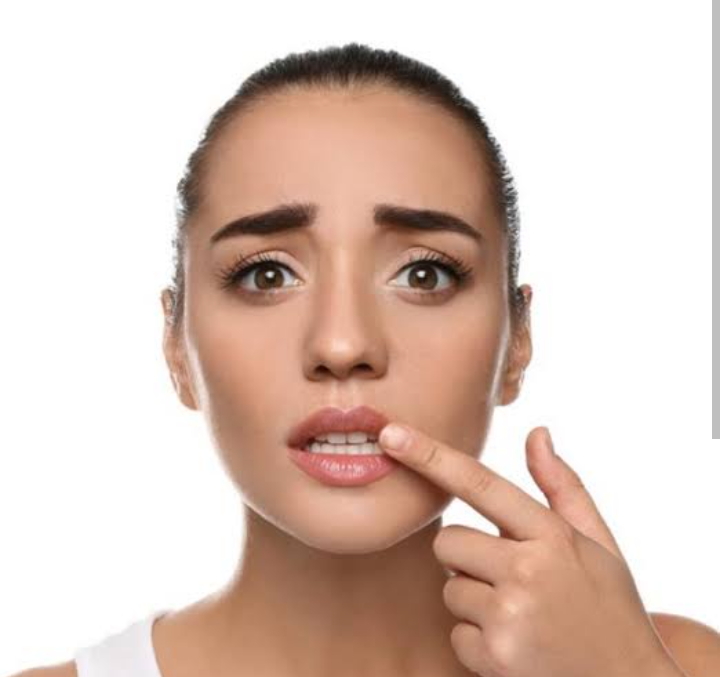

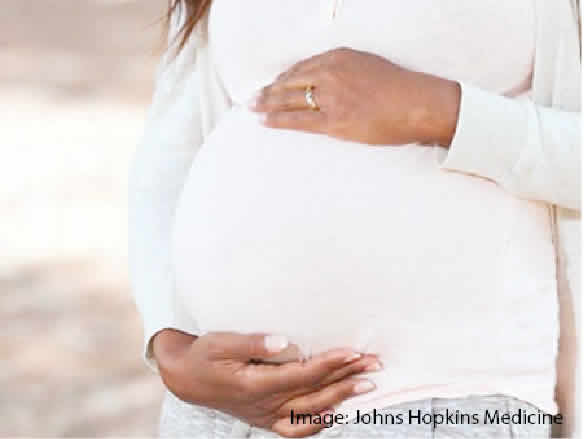
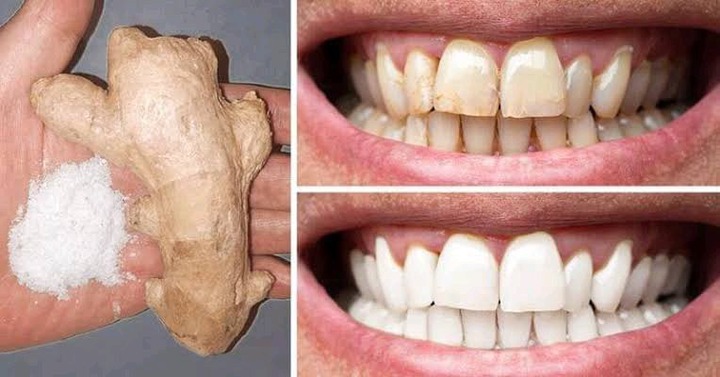


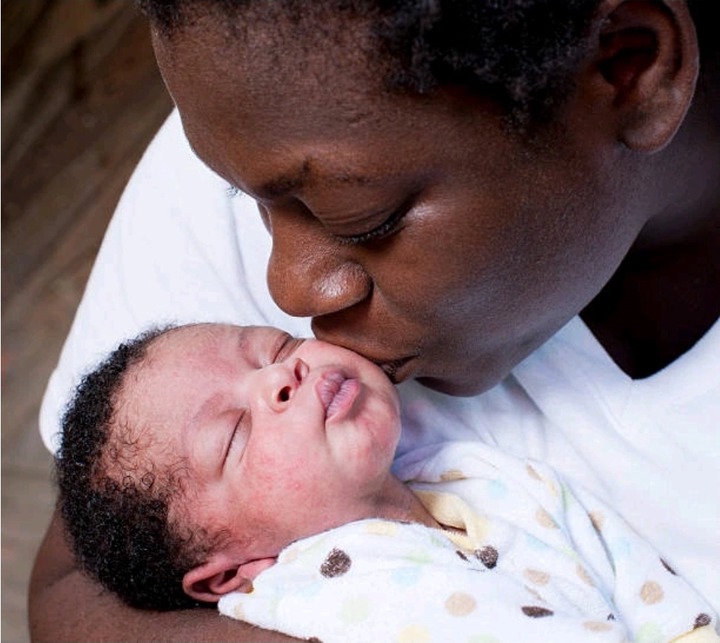
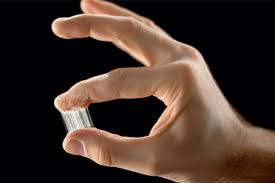


Leave a Comment